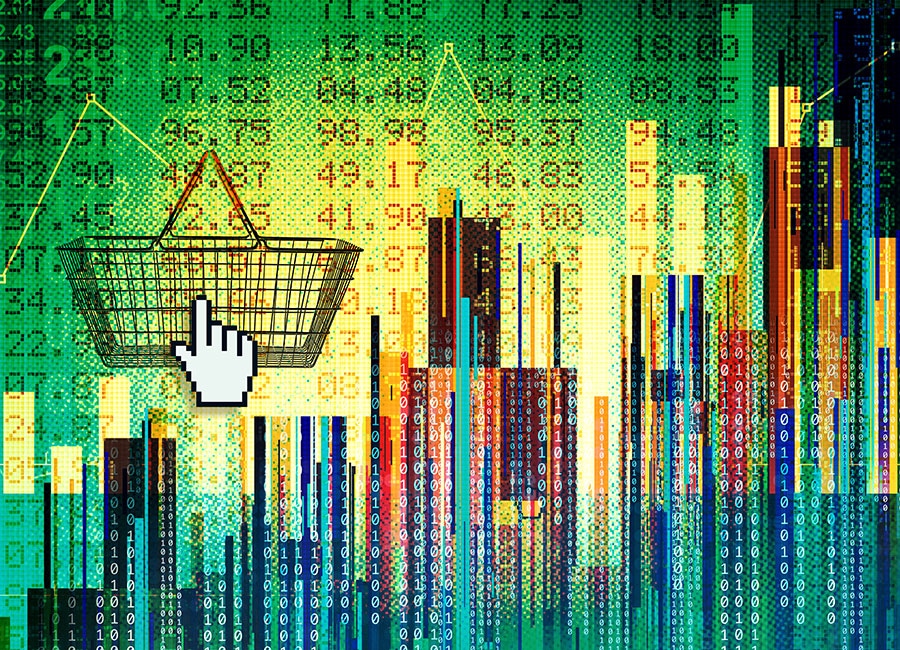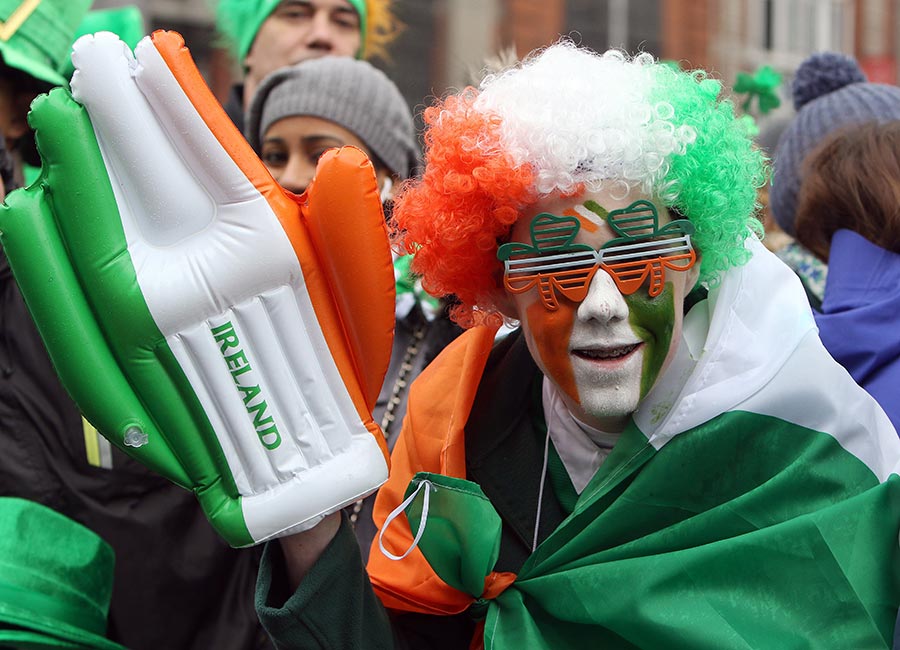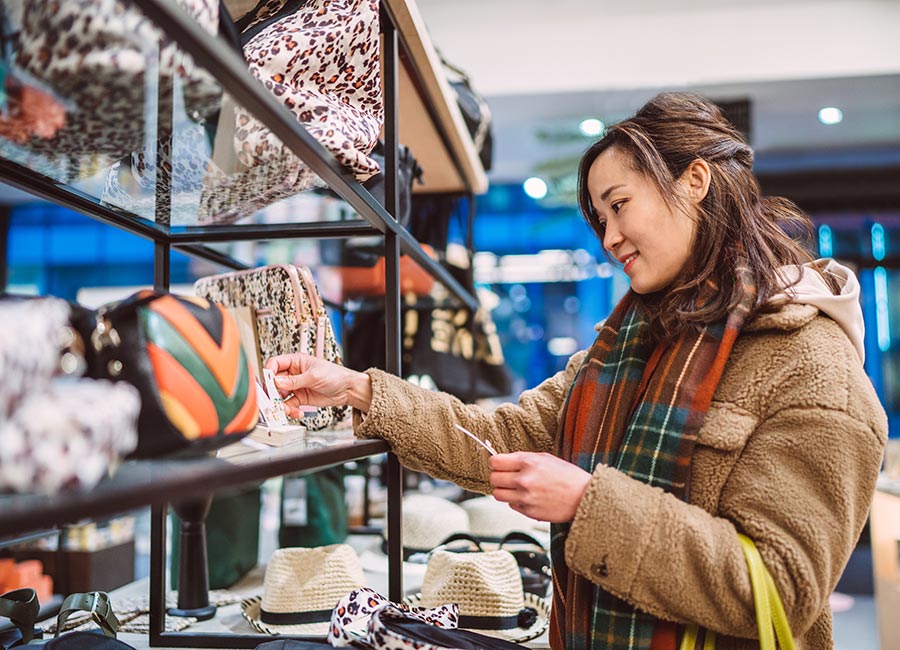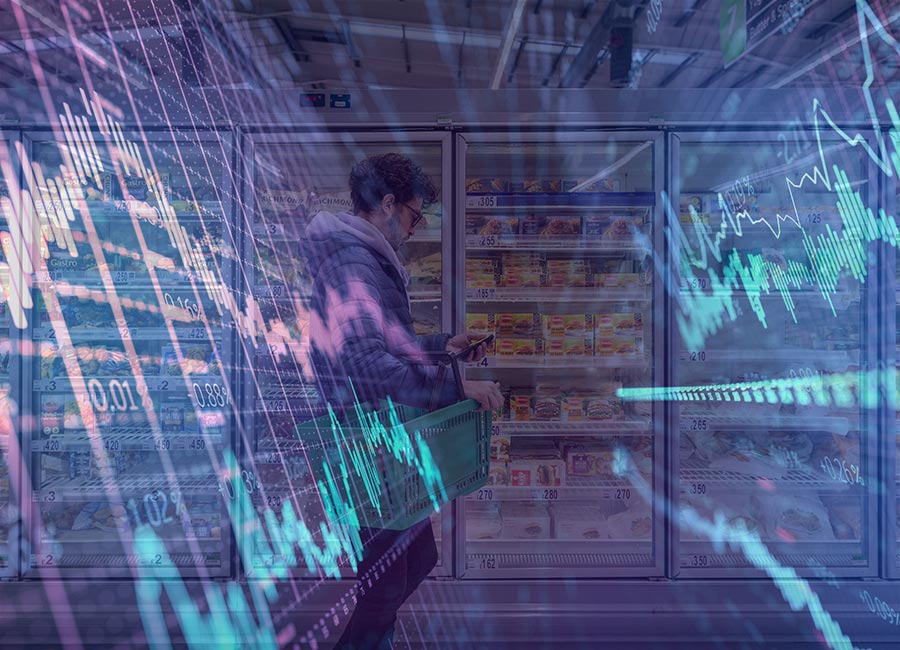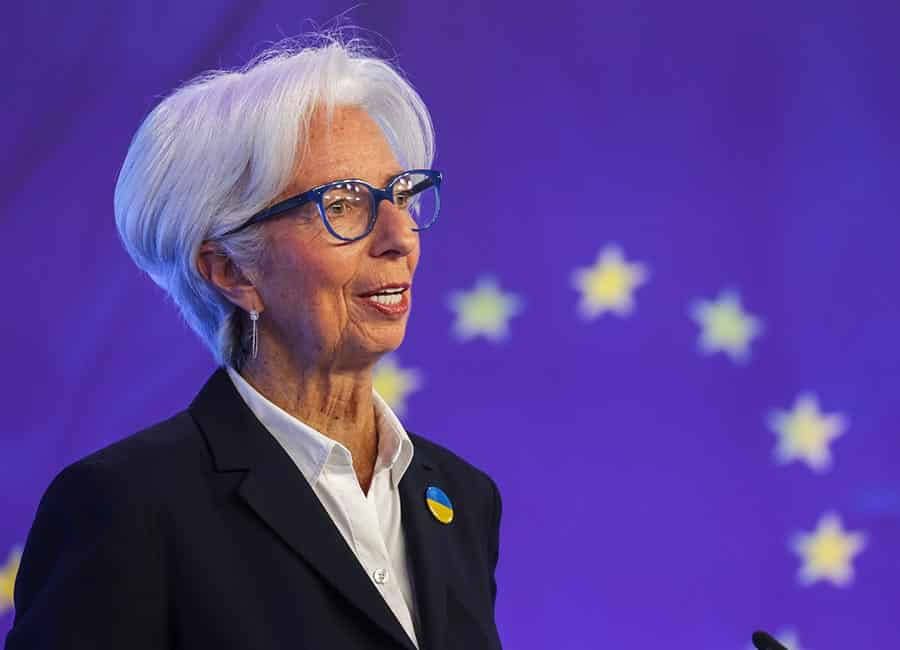Consumer confidence internationally has been diminished by growing economic and geopolitical uncertainty, according to the latest EY Future Consumer Index.
The quarterly global survey of 18,000 consumers shows that the rising costs of goods and services had affected 52% of respondents' ability to purchase goods as well as their purchasing decisions.
"Despite an economic uplift in many countries since the pandemic, consumers are not optimistic about their future due to inflation, fundamental changes in their work and personal lives, and a growing unease around current global geopolitical issues, a trend we are also seeing here in Ireland," said Ivan O'Brien, EY Ireland consulting partner.
“With their spending power eroding and uncertainties looming, Irish consumers are having to rethink their spending choices, not only around ‘nice to have’ purchases, but also essential day-to-day goods and services.”
The instability has impacted lower-income earners the most (62%), but middle-income (48%) and high-income earners are also being squeezed, although the effects are being felt more strongly in emerging markets (62%) than in developed markets (45%).
Due to inflation and anticipation of new Covid-19 variants, the survey shows that consumers will continue to rein in their consumption, opt for cheaper alternatives and buy fewer non-essentials, with less being spent on clothing (38%), beauty and cosmetics (35%) and alcohol (30%).
Many are already seeking cheaper alternatives for fresh food (20%) and packaged food (19%), and uncertainty around managing the rising cost of living has driven 60% of respondents to want to save more for the future, with 39% of respondents having made it a goal already to save rather than spend.
Elsewhere, the survey shows that consumers are seeking experiences more than ever before to make up for time lost during the pandemic, with 45% saying they plan to live in the moment.
Some 42% of all respondents are planning on spending more money on experiences in the next year. However, 39% are less inclined to be involved in experiences outside of their home. Customers who are venturing out are demanding more from physical stores, with more than a third (36%) planning to only visit stores that offer a great experience.
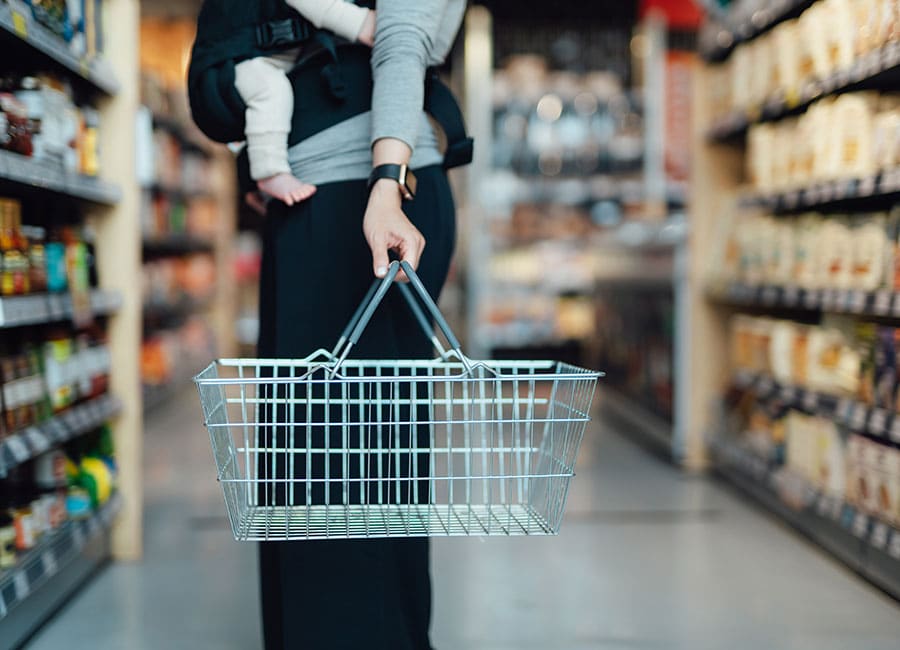
"Customers are becoming harder to reach and the power is shifting from the brand to the consumer. Consumers originally turned from buying things to spending on experiences out of necessity, but now they see it as an active choice," O'Brien said.
“We may now order more and more goods on our ever-expanding set of apps, but the goodwill we have shown towards poor quality products and services is fading and Irish businesses should not confuse customer stickiness for customer loyalty," he added.
"There is an imminent need to offer demonstrable value in products and services for Irish consumers who increasingly live and work from home and seek experiences inside these homes.”
When it comes to buying decisions, most respondents, for the second quarter in a row, are placing the planet first (26%), ahead of affordability (24%), and experience (20%), with 32% of respondents in both China and Brazil prioritising the planet in the spending decisions.
Consumers are choosing to make more sustainable purchases, doing what they can to preserve their environment, with 56% saying they will pay more attention to the environmental impact of their purchases and 52% committing to pay more attention to the social impact.
Two fifths (42%) say they will only buy from brands that align with their own values – a view held by the same percentage of the Generation Z population and 48% of Millennials.
"People have used the last two years to fundamentally rethink how they live and assess their role as a consumer and the values that drive their purchases," O'Brien explained.
"With less money to spend and growing economic and geopolitical worries, further fuelling their concerns over the planet and the social impact of their buying choices, customers are asking to not only be valued themselves but also whether the brands that sell to them demonstrate the values that align with their own."
(Pic: Getty Images)


